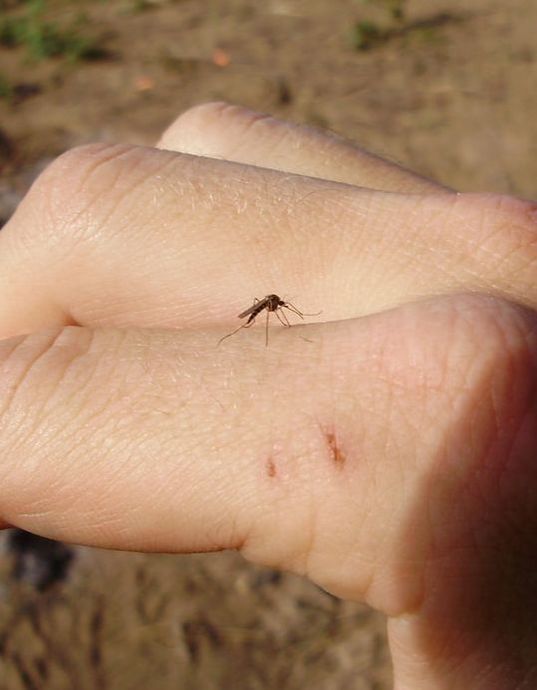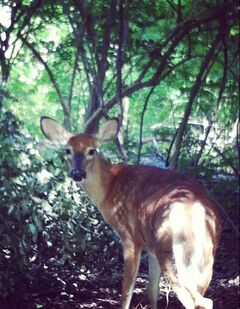Current Projects
|
Focus 1: Convergent evolution in blood-feeding arthropods, with genome sequencing of fleas and outgroups
Blood represents a challenging and potentially toxic food source for most animal species. Yet numerous arthropods such as ticks, mosquitos, bedbugs and fleas have evolved the ability to utilize and thrive on vertebrate blood. Using genome data from a large number of species, the Aardema lab is investigating three areas of potential evolutionary convergence among blood-feeding arthropods: tyrosine detoxification, heme detoxification and water balance. Additionally, for this project we have sequenced the genomes of two flea species: Oropsylla hirsuta and O. tuberculata. These species are responsible for transmitting plague within prairie dog communities, and contribute to high mortality in the endangered black-footed ferret. In addition to our work on convergent evolution, we are also using these genomes to investigate the emergence of insecticide resistance in these fleas. |
|
Focus 2: Characterization of enzootic cycles in the tick-vectored bacterium, Anaplasma phagocytophilum
A. phagocytophilum is a tick-transmitted, obligately intracellular pathogen of humans, pets and livestock. Strains of A. phagocytophilum display varying degrees of host specialization in Europe, but much less is known about host-affiliations and transmission cycles in North America. With mammalian and tick surveys, combined with whole-genome sequencing, the Aardema lab is working to better characterize the distinct cycles of A. phagocytophilum transmission in the Eastern United States. We are also interested in host adaptation and divergent selection in this bacteria. These inquires will ultimately lead to improved prevention of human, pet and livestock infections. |

